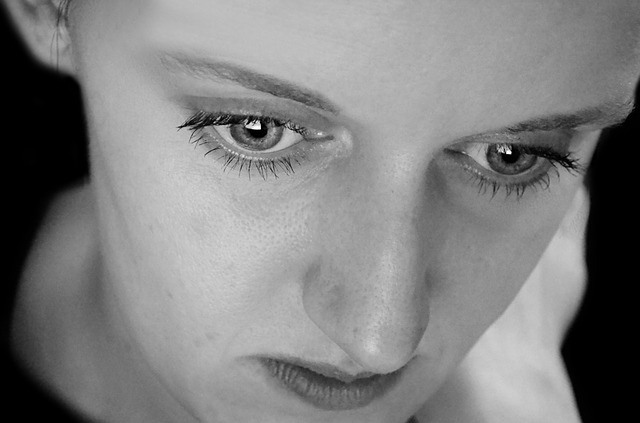
It’s past time for the mental and behavioral health specialists to progress to the next level of treatment capabilities.
My daughter recently did a report for school on Kate Spade. Her biography mentioned her mental health struggle, the help she received, and the devastation of her loss upon her loved ones. As my daughter was reading aloud of this, I wondered to myself: how can a successful and popular woman, who can afford the best money can buy, not receive enough help to stay alive?
I can come up with only one obvious answer: the help she received wasn’t help. But my understanding of this is deeper than the obvious.
It’s past time for the mental and behavioral health specialists to progress to the next level of treatment capabilities. The lack of knowledge I’ve experienced from mental health professionals is astounding and painfully disappointing. There’s more information on YouTube than there is in my local resource center and treatments that many don’t even know about. The extremes that someone has to choose from, when seeking help, provide very little effective service to an already traumatized being.
Seeking the kind of help I need has increased my stress level tenfold. Throughout this struggle, the flaws in the mental health industry are magnified, as has the damage a flawed system inflicts on those needing help.
In inpatient care, your entire life is at the mercy of a group of strangers feeding a business plan. I have read reviews from people who say the experience caused more trauma than it did good, one too many times. To qualify for a referral, you must be a threat to yourself and others. If you choose to walk in on your own free will, that free will is stripped from you during intake.
In counseling, you’re often treated as just another number as well, leaving little room for actual care. If you don’t help their numbers, they move on to the next opportunity. My current therapist opened her own practice for this very reason, trying to work through the stress of quota and documentation strained her ability to be effective in the system’s environment, which in turn caused problems for her mental and emotional well-being. Alongside, is the dilemma of one-hour sessions providing minimal relief to the constant struggle people are seeking to work through.
In my experience, and that of many others, medication has caused more problems than good and it’s unknown if it will help or hurt until you try it. After so many failed attempts, the thought of trying another is like walking back into a room full of the men who had abused me and hoping to be safe this time.
I can’t help but feel like there are a lot of meaningful and effective “somethings” missing from the system.
For example, where is the “middle?” Where is the service that isn’t too much nor not enough? And why are depression and anxiety being treated with the same medication while they’re opposite in experience? Why are people on antidepressants taking their lives? Where is the extended, up-to-date, education on how the brain and body work? The human science? The compassion? Why aren’t natural needs, such as exercise, included in inpatient treatment facilities?
I wonder if mental health professionals, and especially those who organise and run them, know that rare does not mean impossible?
Do they know that when someone walks through their door, they’re expecting to be given a chance to be seen through a fresh lens and without the stain left by their other clients?
Do they know that maybe, just maybe, what “the book” says may not be tailored to everyone’s needs nor include updated and effective treatment options?
And why are those meant to help so focused on my symptoms being the problem that they begin to swallow me whole, straying me away further away from hope?
These questions have been circling my brain for weeks as I search for the right kind of help; help for those who don’t have a big, healthy support system—or even one friend or family member available to turn to.
And where is the help for those who don’t have the resources to pay for services? Is their value decreased due to a lack of money?
Where is the help for the human in the middle—the lost area in between extremes? Can we fix a flawed system? How do we come out of this better people? When will the mental and behavioral health industry offer the support and help that people like Kate Spade, myself, and countless others need?
The mental and behavioral health system needs help, as well. These organizations aren’t perfect, but they are not always enough, either. Accessing the knowledgeable and wise discoveries of others, making them readily available to our existing programs, and creating services for those of us that are lost somewhere between the extremes, holds the potential to change more than individual lives—but also the lives that those individuals come in contact with.
Imagine the ripple from proper support.
Imagine around-the-clock, personalized rehabilitation for those recovering from trauma, those who don’t have support, those who aren’t addicts or threats but still need help learning how to adjust to life.
Imagine a fearful and desperate person, experiencing deep, emotional pain being treated as an individual, with respect and understanding.
Imagine feeling safe and having faith in the help we seek.
Imagine being more than just a number.
Imagine an updated and reformed mental and behavioral health industry.
~






Read 10 comments and reply